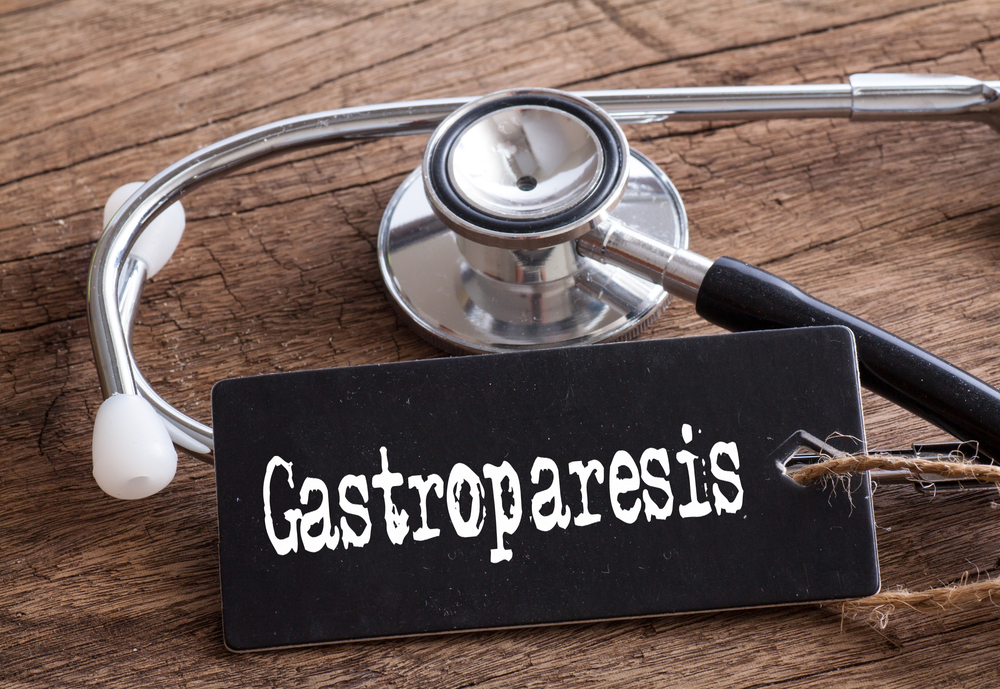A growing number of individuals who have turned to Ozempic to manage their blood sugar levels or shed unwanted weight are now facing a new and debilitating challenge – severe stomach paralysis, also known as gastroparesis. As more and more people file lawsuits against the drug’s manufacturer, Novo Nordisk, a disturbing pattern has emerged, with allegations that the company failed to adequately warn consumers about the potential for this life-altering side effect.
The Popularity and Widespread Use of Ozempic
Ozempic, a brand name for the generic drug semaglutide, was first approved by the FDA in 2017 for the treatment of type 2 diabetes. Manufactured by Novo Nordisk, the medication (a glucagon-like peptide-1 receptor agonist, or GLP-1 RA), quickly gained popularity due to its ability to help patients control their blood sugar levels and achieve significant weight loss. In fact, the drug’s weight loss benefits led to its widespread off-label use as a diet aid, despite not being specifically approved for that purpose, and prompted Novo Nordisk to introduce a higher-dose version of Ozempic, known as Wegovy, for obesity.
The Emergence of Ozempic Gastroparesis Lawsuits
As the use of Ozempic has skyrocketed, so too have reports of severe gastrointestinal issues experienced by those taking the medication. One of the most alarming alleged side effects is gastroparesis, a condition where the stomach becomes paralyzed, leading to a host of debilitating symptoms such as persistent vomiting, abdominal pain, bloating, and malnutrition.
One of the first Ozempic gastroparesis lawsuits was filed against Novo Nordisk in August 2023, by a woman who claimed that she experienced severe vomiting, stomach pain, and gastrointestinal burning after taking Ozempic, ultimately resulting in the loss of some of her teeth. Her lawsuit alleges that Novo Nordisk failed to adequately warn patients about the potential risk of developing this devastating condition.
This latest Ozempic lawsuit was filed on July 15 by a West Virginia man who, while taking the medication, experienced severe gastrointestinal side effects that were later diagnosed as gastroparesis. Gregory H. Mann alleges in his Ozempic claim that Novo Nordisk intentionally downplayed the risk of gastroparesis on the drug’s warning label and when representing the drug to federal regulators. “Defendants acknowledge that gastrointestinal events are well-known side effects of the GLP-1RA class of drugs,” the lawsuit states. “However, Defendants have downplayed the severity of the gastrointestinal events caused by their GLP-1RAs, never, for example, warning of the risk of gastroparesis (paralyzed stomach) and its sequalae.”
The Alleged Link Between Ozempic and Gastroparesis
The connection between Ozempic and gastroparesis is a complex and evolving area of research. Ozempic, like other medications in the GLP-1 receptor agonist class, works by slowing the rate at which food moves through the digestive system. This mechanism, while beneficial for managing blood sugar levels and promoting weight loss, may also contribute to the development of gastroparesis in some individuals.
While the prescribing information for Ozempic does mention the potential for delayed gastric emptying, it does not explicitly warn about the risk of developing the more severe condition of gastroparesis. This alleged omission is at the heart of the lawsuits against Novo Nordisk, with plaintiffs arguing that the company failed to provide adequate information about the severity and long-term consequences of this side effect.
The Growing Number of Ozempic Gastroparesis Lawsuits
As more and more individuals come forward with stories of their struggles with gastroparesis allegedly related to Ozempic, the number of lawsuits against Novo Nordisk and other makers of GLP-1 RAs continues to rise. According to reports, over 100 such lawsuits had been consolidated into federal multidistrict litigation (MDL) in the Eastern District of Pennsylvania as of July 1, 2024, with the potential for the number of claims to reach into the thousands in the coming months and years.
The plaintiffs in these Ozempic lawsuits are seeking compensation for the significant physical, emotional, and financial toll that gastroparesis has taken on their lives. Many have faced prolonged hospitalizations, the need for additional medical interventions, and a diminished quality of life due to the debilitating symptoms associated with this gastrointestinal condition.
The Potential Impact of Ozempic Gastroparesis Lawsuits
The growing number of Ozempic gastroparesis lawsuits against Novo Nordisk has the potential to have far-reaching consequences. Beyond the individual compensation sought by the plaintiffs, these legal actions aim to hold the pharmaceutical company accountable for its alleged failure to adequately warn consumers about the risks associated with its product.
If successful, the lawsuits could result in significant financial penalties for Novo Nordisk, as well as heightened scrutiny of the company’s practices and the potential for stricter regulations around the labeling and marketing of GLP-1 receptor agonist medications. Additionally, the lawsuits could inspire greater transparency and more robust safety protocols within the pharmaceutical industry, ultimately benefiting consumers and protecting public health.
Ozempic Lawsuit Information
They took blockbuster drugs for weight loss and diabetes. Now their stomachs are paralyzed, CNN
Researchers link popular weight loss drugs to serious digestive problems for ‘hundreds of thousands’ worldwide, CNN




